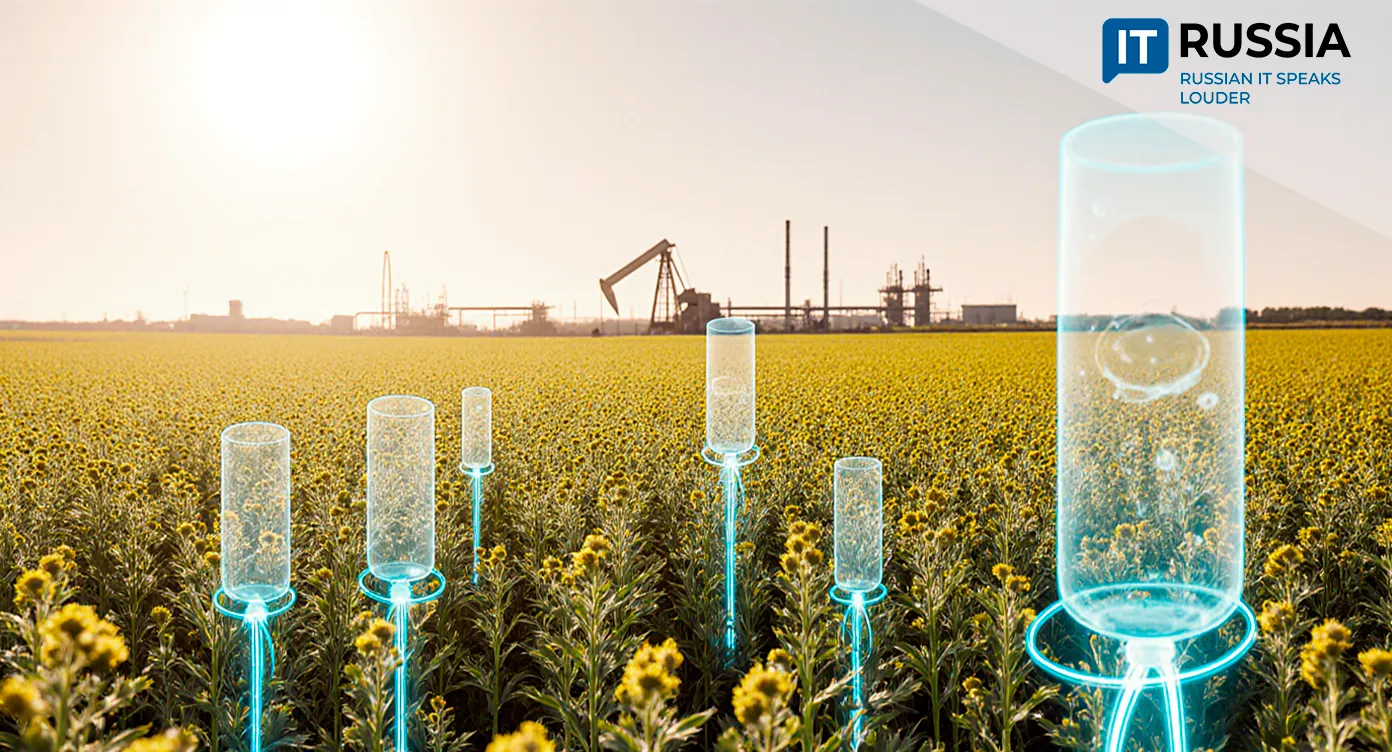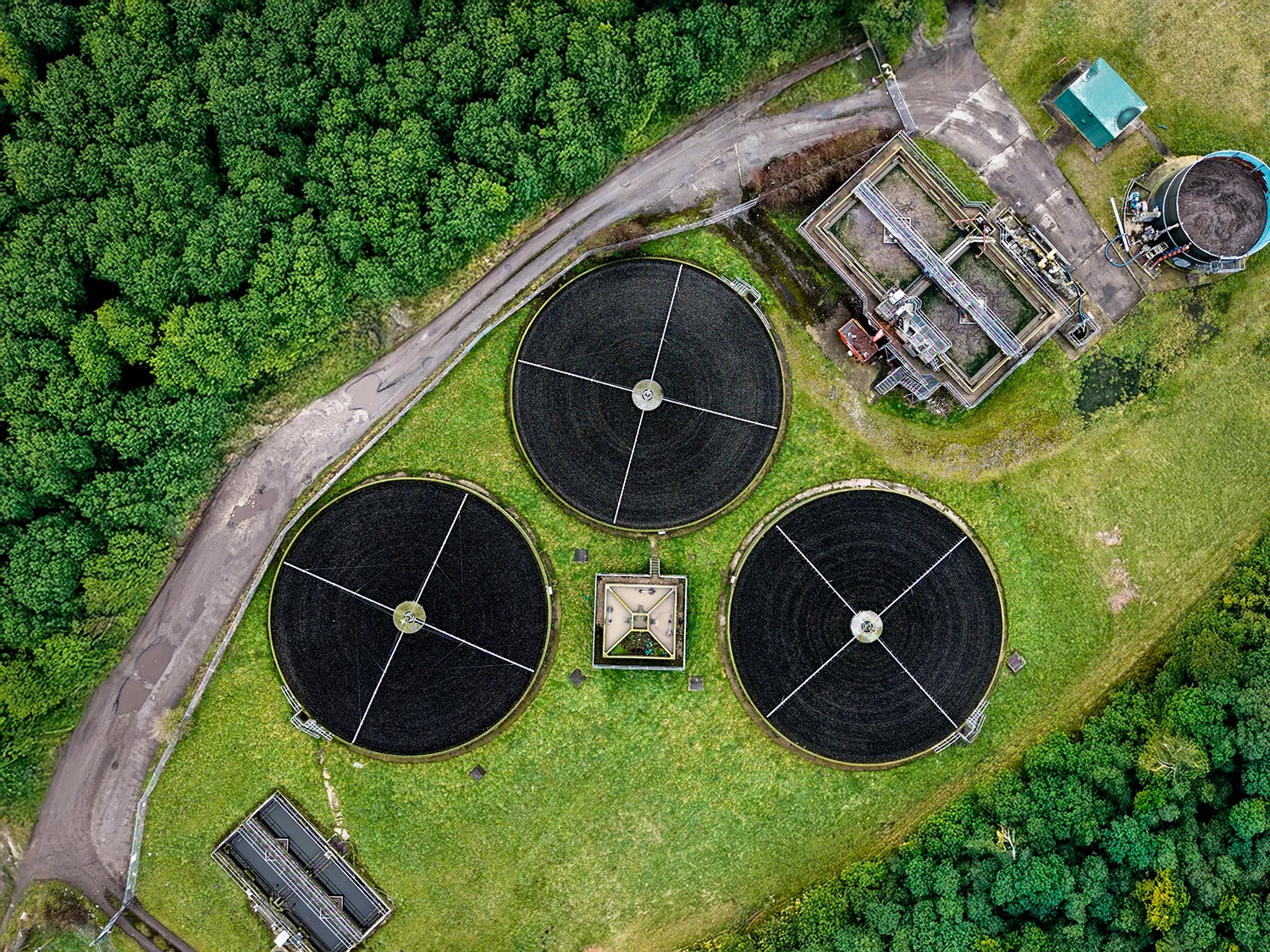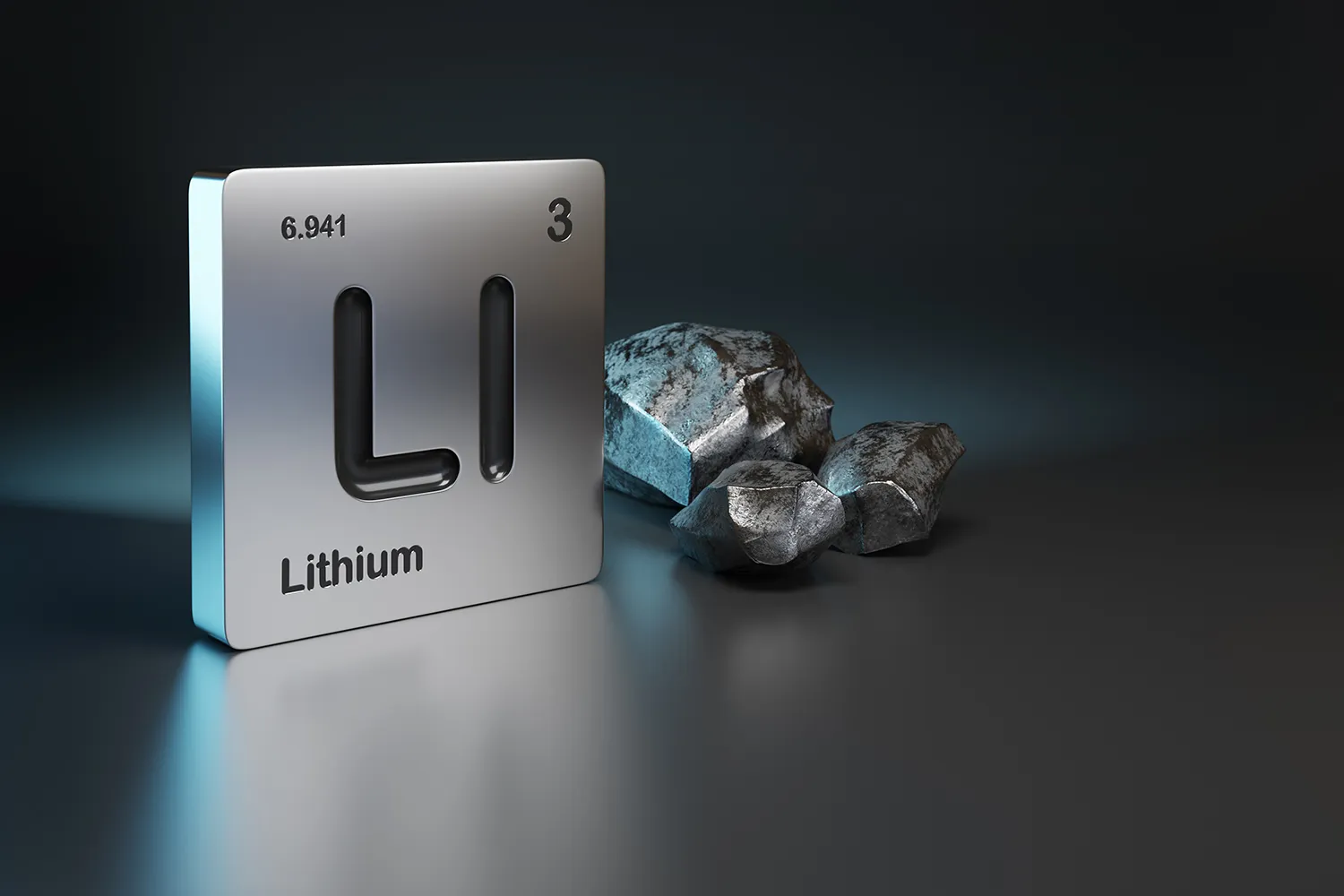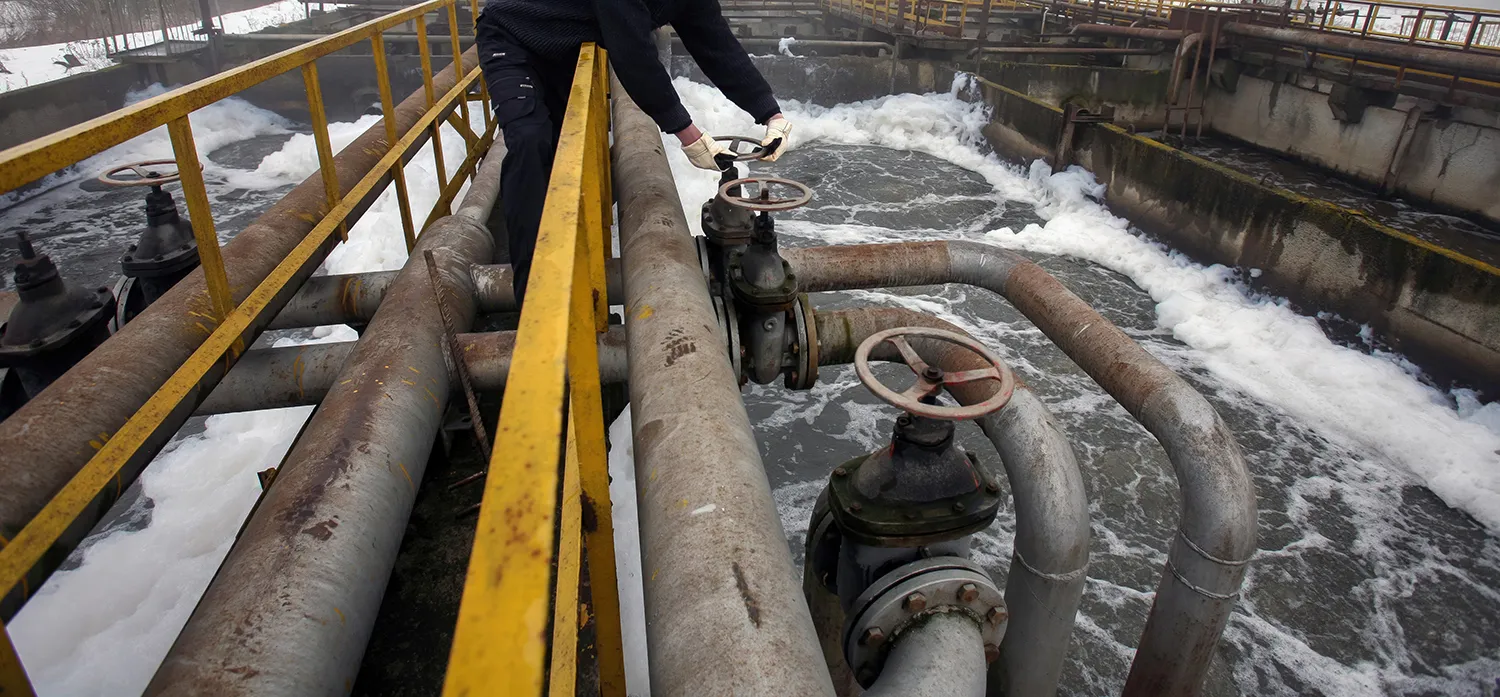Russian Scientists Find an Unexpected Way to Extract Lithium — Using Rapeseed
Researchers at Gubkin University of Oil and Gas have developed a breakthrough method for extracting lithium from formation waters in oil and gas fields—by using rapeseed plants capable of accumulating the metal in their stems and leaves.

Why It Matters
Lithium—often dubbed “white oil” or “white gold”—has become a critical element for global energy and transport systems. The metal’s scarcity and rising prices have made it a strategic asset for national economies. Since the beginning of the decade, lithium prices have multiplied several times and are expected to remain high due to the growing demand from modern technologies.
In aviation and space industries, lithium-based alloys reduce aircraft weight by 10–15%, an essential factor when every kilogram counts. The metal is also vital to nuclear technology—particularly in thermonuclear fusion, where lithium-6 is used to produce tritium, the fusion fuel.
With global battery production for electric vehicles and energy storage skyrocketing, lithium has become a cornerstone of the green economy. Like many nations, Russia still relies heavily on imports. But Gubkin University scientists have announced a breakthrough: extracting lithium from formation waters—byproducts of oil and gas production—using rapeseed, a plant more often seen in agricultural fields than laboratories.

If proven viable, this bio-assisted extraction technique could reduce Russia’s dependence on imports, create new domestic industries, and turn waste into value. Formation waters contain multiple minerals, including lithium, yet their potential has remained largely untapped. Using rapeseed as a biological agent may offer both ecological and economic benefits.
Challenges on the Road to Industrial Production
Globally, direct lithium extraction (DLE) technologies are evolving rapidly, but they face persistent barriers: difficulties separating lithium from other elements, degradation of extraction materials, high energy costs, and problems with scaling up production.

The Russian approach—using rapeseed—is innovative but remains at the laboratory stage. Scaling it to industrial application will require pilot plants, detailed economic modeling, and stability tests for large-scale deployment.
What It Means for Russia and Its People
If implemented successfully, this project could enhance Russia’s technological sovereignty, create jobs in oil-producing regions, and stimulate the agricultural sector, where rapeseed could become an industrial feedstock. The approach may also reduce battery costs and accelerate the growth of domestic green technologies—aligning industrial development with environmental goals.

Looking Ahead
Should the team demonstrate consistent results and launch a pilot facility within the next one to two years, Russia could claim a niche in the global DLE market—not necessarily as a lithium exporter, but as a developer of efficient extraction technologies. Competition from China, the U.S., and Australia will be fierce, yet even localized applications could boost Russia’s energy independence and sustainability.










































